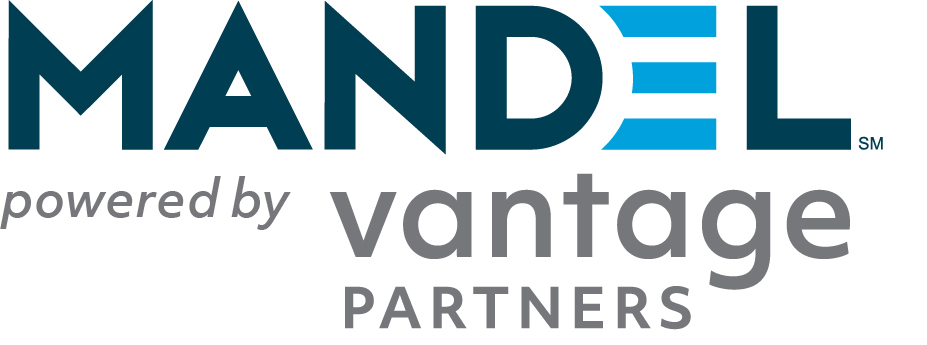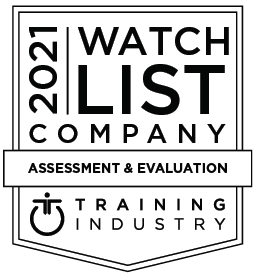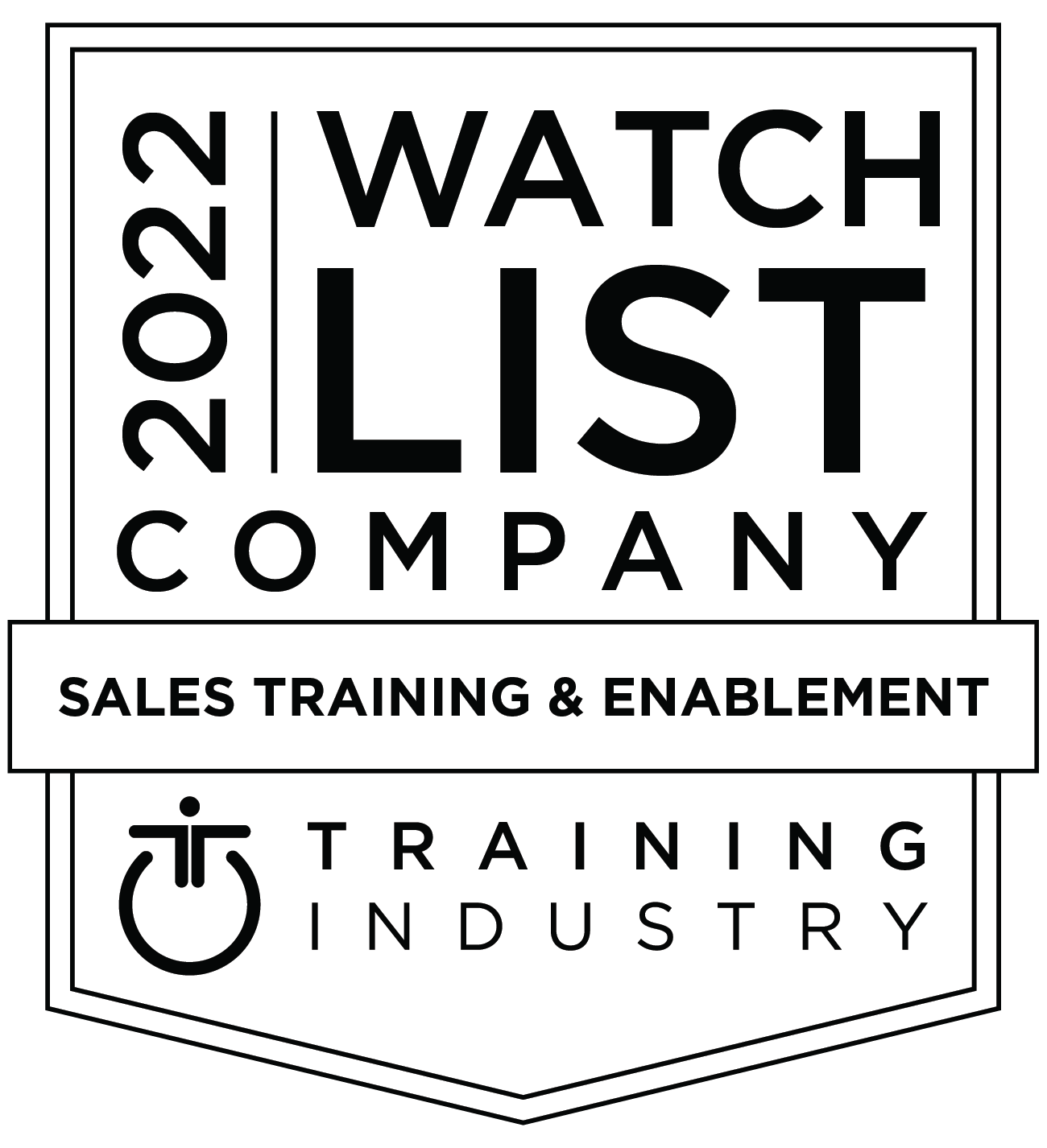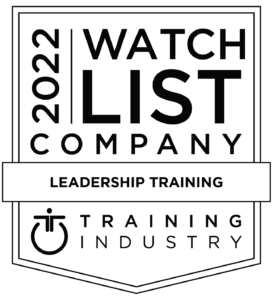Introverts Versus Extroverts.
Establishing good rapport quickly may be the most effective way to build trust, achieve your goals, and advance your career.
Study after study shows that people are more apt to trust and buy from people and companies they know and like more than those they don’t.
Many introverts, however, feel the same way about rapport-building that they do networking: uncomfortable. Uncomfortable because they think building rapport means being able to make “small talk” with others. Even the thought of it can make them anxious.
If that’s you, let me put your fears to rest. I’m here to unequivocally tell you that building rapport isn’t (or doesn’t have to be) talking about last night’s big game or lamenting tomorrow’s weather.
Extroverts, on the other hand, may feel like rapport-building is a no-brainer. Naturally gregarious, they may be comfortable chatting up just about anyone, anywhere.
But having the gift of gab isn’t the secret to building rapport either, especially if you’re the one doing most of the talking.
What is Building Rapport Really About?
At its foundation, building rapport is about asking great questions and making a connection by reflecting you understand the other person’s perspective.
In a recent blog, 4 Steps to Being a Better Active Listener, I talked about how to ask thought-provoking questions and offered specific examples. This week, I’d like to explore how to respond to information the other person may have offered — what to say and what NOT to say.
How to Build Rapport
One of the most important things to understand about how to build rapport is how NOT to break it. Too often, well-intentioned people do this inadvertently.
That’s why you want to take extreme care not to invalidate a customer’s or co-worker’s point of view by what you say or how you say it.
-
Acknowledge the other person’s point of view — don’t invalidate it.
- Don’t say:
- That’s not right.
- That’s not important.
- Don’t worry about it.
- You’re overreacting.
- But (which negates anything you may have said before the “But”)
- Instead, acknowledge their perspective or feelings. You don’t have to agree with them. Just reflect that you understand how they may feel or see things.
- Do say:
- I can see why your past experiences influenced this decision.
- I never looked at it that way — I see your point.
- What you are saying put things in a new light.
-
Use appropriate enthusiasm, not pat responses or overly effusive language.
When your success depends on managing customer relationships or collaborating with colleagues, it can be tempting to try to win people over or soothe their concerns with encouraging words.
Be careful not to use overly cheerful or gushing language, which can come across as fake or patronizing.
- Don’t say:
- You’ll love it.
- It’ll be so much better this way.
- You can do it — no problem!
- Instead, convey an appropriate level of enthusiasm.
- Do say:
- Only you can judge the best approach for your team.
- I’m glad that you want to move forward quickly.
-
Provide useful information — don’t make it a sales pitch or “ask.”
No one wants to feel like they’re being used or simply being sold to.
In the course of your interactions with customers or colleagues, be generous. Offer information that may be useful to them without expecting something in return.
Don’t use every pause in the conversation as an opportunity to sell. And don’t only offer help or information to a colleague when you need something from them.
- Don’t say:
- We can solve all of those issues for you.
- Buy our product and you won’t have to worry about that anymore.
- That’s why I was hoping you could …
- Do say:
- It’s interesting you say that; I just read about that same problem in the…
- I have some great ideas I can share with you.
Build Strong Relationships Without the Gift of Gab
If you have the gift of gab but still struggle to build strong relationships with others, consider whether you may be inadvertently breaking rapport in various ways.
If you dislike having to make small talk or if you don’t have the gift of gab, you can still build rapport effectively.
How?
Be interested in the other person, ask great questions, empathize with their perspective, and be generous in your responses.
Doing these things well is the key to being seen as a competent, credible, and trustworthy professional.
Go Deeper
Anyone can learn to build rapport, as Founder Steve Mandel wrote. Rapport-building is a skill we’ve taught to hundreds of thousands of sales, IT, and line of business professionals who’ve taken our workshops, including the Influential Conversation™.
Curious to know more? Download the course overview here.










